Aside from your contract, your child care handbook is one of the most important documents you should have when you start your child care. Why do I say that? Is a childcare handbook really necessary? Glad you asked! YES, IT IS! I’m going deep with this one. So grab a latte and let’s get into what should be in your child care handbook.
What Should Be in A Child Care Handbook?
Why is it a must-have?
Your handbook is just one of those things that you just want to have in place. A parent handbook stands as one of the best representatives for the policies and standards of your business.
It clarifies what procedures are followed at your child care and how your clients are to follow your policies. This is where your business policies live. In short, it’s sort of like a user’s manual for your business.
That being said, what should go into your handbook? What is better left out or put into your contract? Or should the information be repeated in both places? Here’s a list of the 10 Most Important Things to Include in a Child Care Handbook.
Honestly, the more information you include in your handbook the better. Better for you and your clients. The creation of this handbook does not need to be intimidating but there are some absolute must-haves to protect you, your business & your clients. Here are 10 12 Must-Have inclusions for your child care handbook to get you started.
10 12 Must-Haves for your Child Care Handbook
1. Child Care Philosophy
Have you ever thought about what your childcare philosophy is? You know, what is it that you want your clients, children, and adults, to get from your program?
Well including that in your handbook is a great way to establish just how your business goes about accomplishing those goals. Think about including information specific to the children, their parents, and even the community at large.
2. Admission Requirements/Enrollment Procedures
Just how does one get their child enrolled in your program? Do you want to require a visit by the child to see if they will be a good fit before enrolling? Are they automatically accepted or is there a process where you determine if you will enroll the child?
If enrolled, what is required in the form of paperwork or actions to complete enrollment? Is there a probationary period? Put this information in this section of your handbook.
3. Schedule/Hours of Operation
- What hours is the childcare open?
- Are the parents able to use the child care all of these hours or just their contract-specific hours?
- Do you suggest parents come a little early at pickup to discuss the day’s events?
- Is there a cut-off drop-off time?
- At what time is a pick-up considered to be late?
- What are the late fees? Answering these questions and then including this information in your handbook can be a great help in enforcing your policies with parents later.
4. Tuition/Fees
This is one of the most important sections for obvious reasons! Emphasizing just when payment is due is VERY IMPORTANT to include in your handbook.
- How should they pay you?
- First of all, when is payment to be made? What day of the week?
- At drop-off, pick-up, or by a specific time?
- When is it considered to be late? What are the late fees?
- At what point will the child not be accepted until payment is made?
- Will you accept checks, credit, or only cash? What if a check is returned?
- Is tuition due for days off due to illness, vacation, etc.?
- Will you review your fees on an annual basis?
- How will clients be notified of a change in rates?
5. Dismissal Policy
Specifying a protocol for what needs to happen at pickup can be helpful as well. Is there little parking available on your street? Tell clients where they should park. Will you allow your clients to pull into your driveway? Let your clients know if your neighbor gets a bit testy even if her driveway is blocked for a few minutes.
Are you required to have the parents sign in and out? If so, let them know that they must complete this procedure every day as part of their enrollment.
What happens if someone arrives at pickup impaired? What does your licensing agency say MUST happen in this occurrence? You might even think about citing a specific code if it applies.
Also, include which individuals are allowed to pick up the children from the child care and what procedures need to happen to allow persons other than parents.
6. Holidays & Vacation Schedules
Include which annual holidays you plan to observe. There is no need to give specific dates here, but listing the usual holidays in your handbook is a great idea.
Will you offer vacation time for your clients? How much? Is tuition accepted for that time off? Full or reduced? What about your vacation time? Is it paid or unpaid?
Include this information here and remember to update it if it changes.
7. Meals & Mealtimes
Are you enrolled in a food program? If so, they most probably have specific meal plans, times, portions, and components you will need to follow. Adopting their procedures into your policies will make it easier to comply with their rules.
- Which meals will you serve?
- Are there cutoff times for the children to be served?
- What happens if a child arrives later than mealtime?
It might also be helpful to include your philosophy regarding healthy eating. Let parents know what guidelines you will use to prepare your menus.
- Will the menu be posted? Where?
- Are parents allowed to bring food into the childcare? Under what conditions?
- How will you handle infants?
- What about special occasions like a birthday?
- Will the children eat “family style” together or independently?
8. Napping/Quiet Time
Many state ordinances or codes require a daily period of rest for children in childcare. That being said, what does that look like?
- Is there more than one napping period?
- Will different age groups have specific rest times?
- Will infants have “on-demand” sleeping schedules? How are infants placed down for naps?
The more information you include here the better chance of having parents replicate them at home, making transitions in and out of the child care much easier for the child and you.
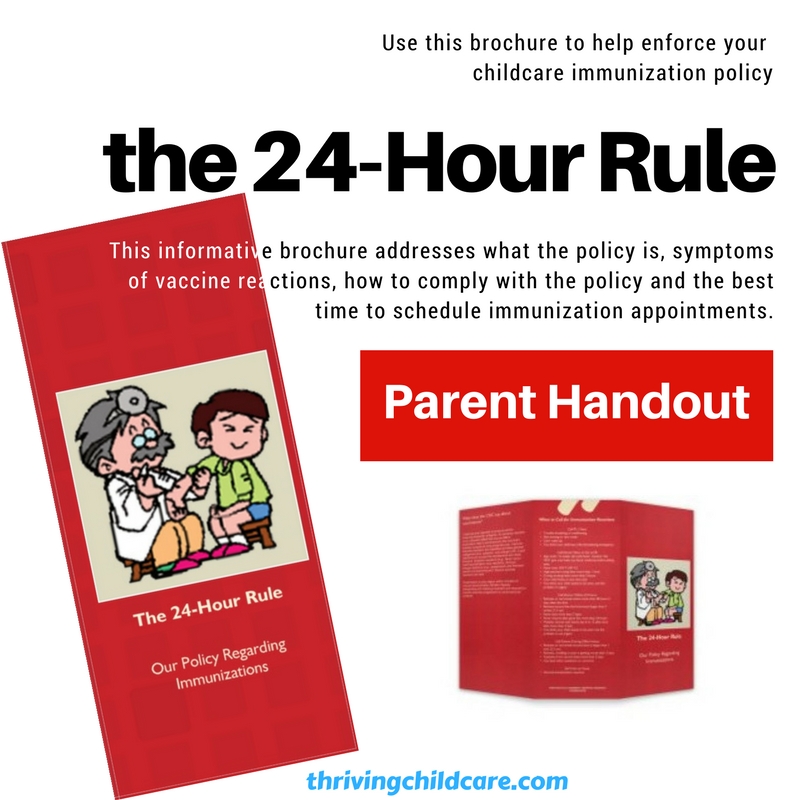
9. Health Policies and Procedures
How will you handle medical emergencies? Again, look to your licensing mandates and guidelines for clues to the proper procedure here.
If necessary, what hospital will you take the children to? Include the address and phone number to that location. When will a parent be notified about an emergency? What happens if they cannot be reached?
It is probably advisable to include a disclosure that the parents will be responsible for any expenses related to emergency fees, ambulance, etc.
- Include who is trained in CPR and Emergency Care at your child care. How often is this training done?
- Do you maintain a First Aid Kit for your child care?
- Will you perform a daily “well-baby” check?
- What procedures do you have to prevent the spread of germs or infections?
- What are your hand washing, diapering, sanitizing, and laundering policies?
Medication Management
Deciding whether or not to administer medication and when is a very important consideration for a childcare provider. Include that information in your handbook to explain under what conditions medication will and will not be administered. Will medication authorization be required?
Health Records
If you will require the parents to maintain up-to-date shot records, state that. How often should they be updated?
Food Restrictions/Allergies
Consider how you will handle children that have food or environmental allergies. It is suggested that a reminder is inserted that it is the parent’s responsibility to notify the provider whenever there are changes in the child’s health.
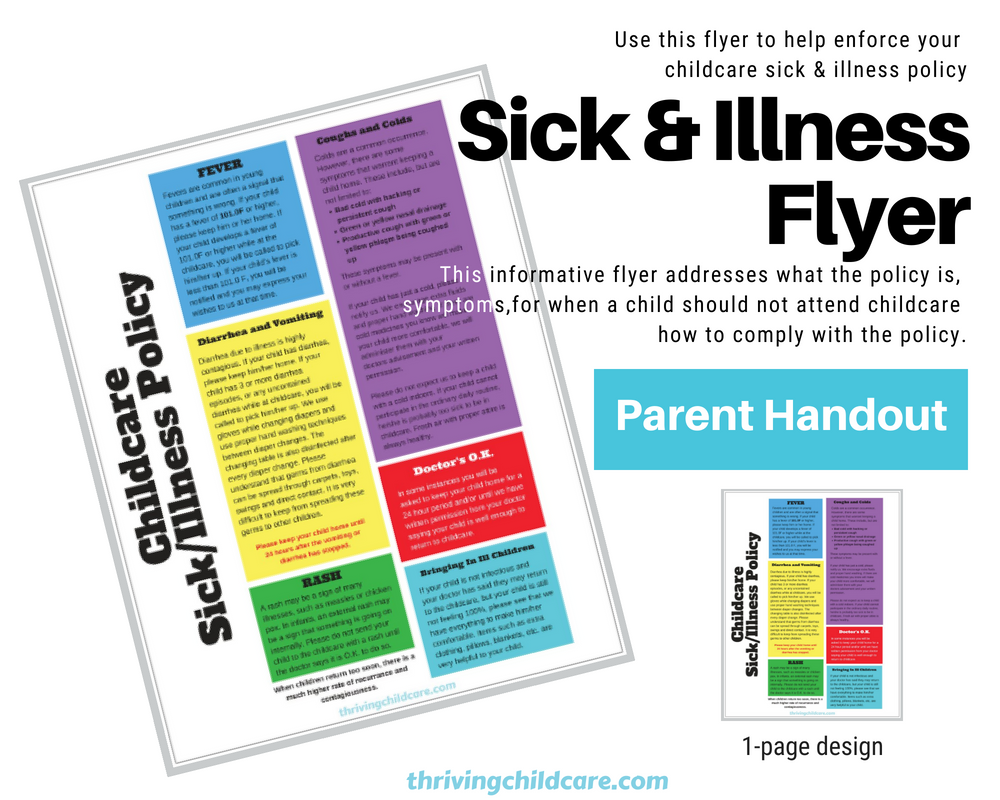
Sick Care/Illnesses
This one is a biggy! You will want to address when a child will be excused from care related to illness.
- What happens if the child gets sick during their day at the childcare?
- What happens when the parent is notified?
- How long will you allow them to pick the child up?
- What specific symptoms or conditions require the child to be excused from care?
- How should the parent notify you if their child will be out due to illness, phone message, text, or email?
- How will you notify other parents if a child is ill at the childcare?
- Who ultimately will make the decision when the child should be excused for the day?
- When will the child be allowed to return?
- When will a doctor’s note be required?
10. Guidance/Discipline
How will you discipline the children in care? Again, most licensing codes mandate how discipline is to be handled in a childcare setting. Start there.
11. Withdrawal/Termination Policy
What will be your procedures for withdrawal or termination?
Will you accept verbal notice or require written notice? How much notice?
What would cause you to terminate a client? You will want to be specific here. Behavioral issues such as biting, violence, and swearing could be included. Habitual abuse of drop-off and/or pick-up times, as well as delinquent tuition, could be reasons for dismissal by a provider.
Additional issues such as disagreements regarding discipline, refusal to comply with ordinary requests, and suspicion of child abuse should be included in this section.
Is that it? Are you done? Nope! Not quite.
12. What Else?
Including all of the above sections in your handbook is a really, really good start. But you can add more. Here is a list of other things you might consider adding to your childcare handbook:
- Toilet Training/Potty Learning
- Activities
- Transportation
- Religious Activities
- Nondiscrimination Policy
- About Us
- Enrollment
- General Information
- Attendance
- Program Information
- Rights
- Dress Code/Shoe Policy
- Diaper Bags/Backpacks
- No Smoking policy
- Damages
- What parents provide
- Daily Schedule
- How the kids should arrive ready for the day – Clean diapers, eaten breakfast (and are clean), etc.
- Special Note to parents
- Additional/Miscellaneous Information
Rinse, Repeat & Revisit
I think it’s a good idea to be sure some of the biggies are also reiterated in your contract as well. You might also think about issuing short notes to parents throughout the year reminding them of key policies.
Also, it’s not a bad idea to annually revisit your handbook and policies to tweak anything that needs it.
Finally, how will you deliver your handbook? I currently post my handbook and policies on my website. This is easy access for the parents and easy for me to update and re-post as well.
Related Reading:
- How to get paid on-time – Every week!
- How to set your rates & when to raise them
- Top 5 Must-Haves for the Provider
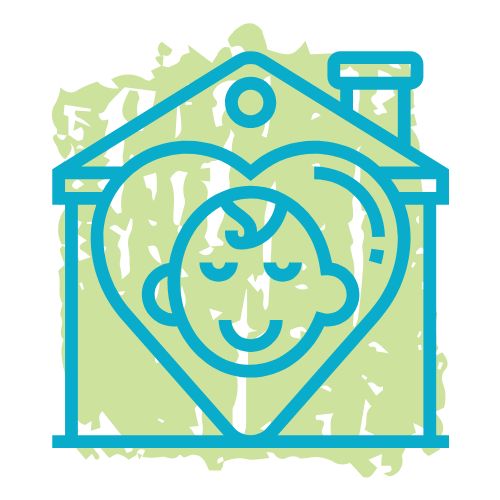
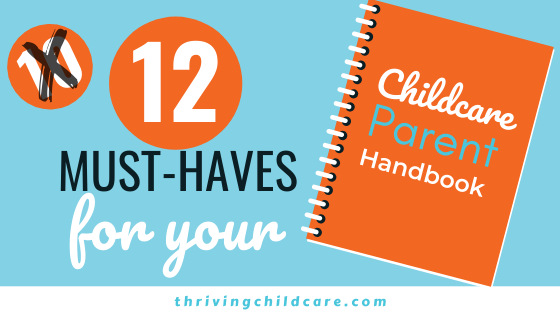

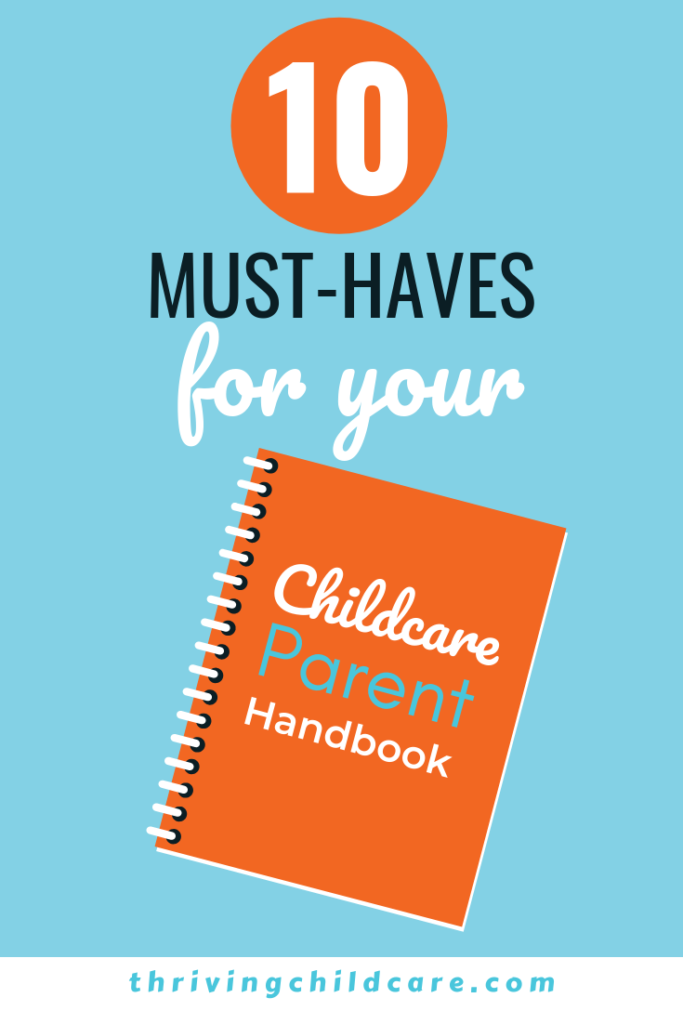

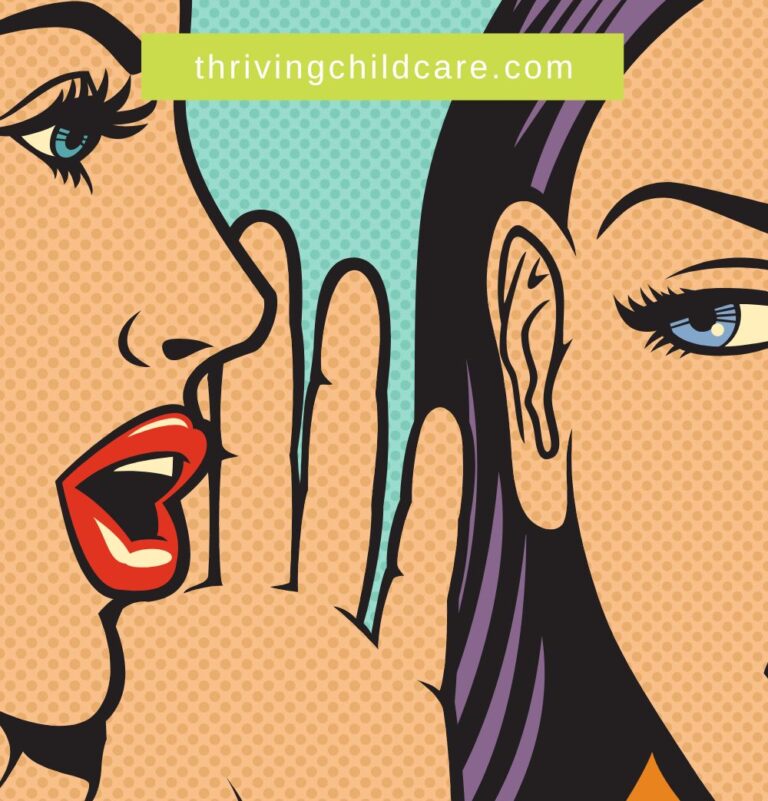

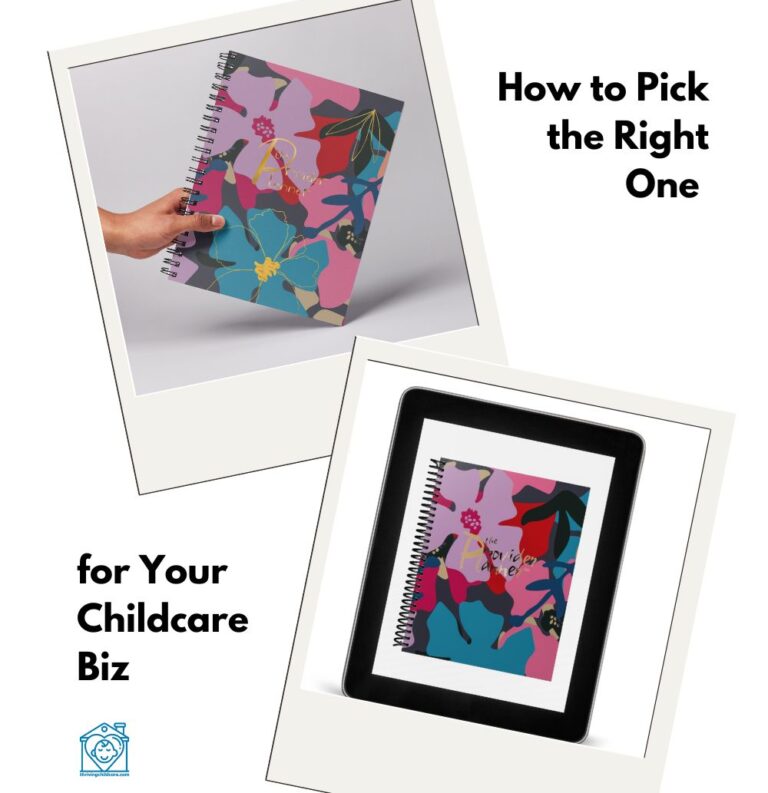

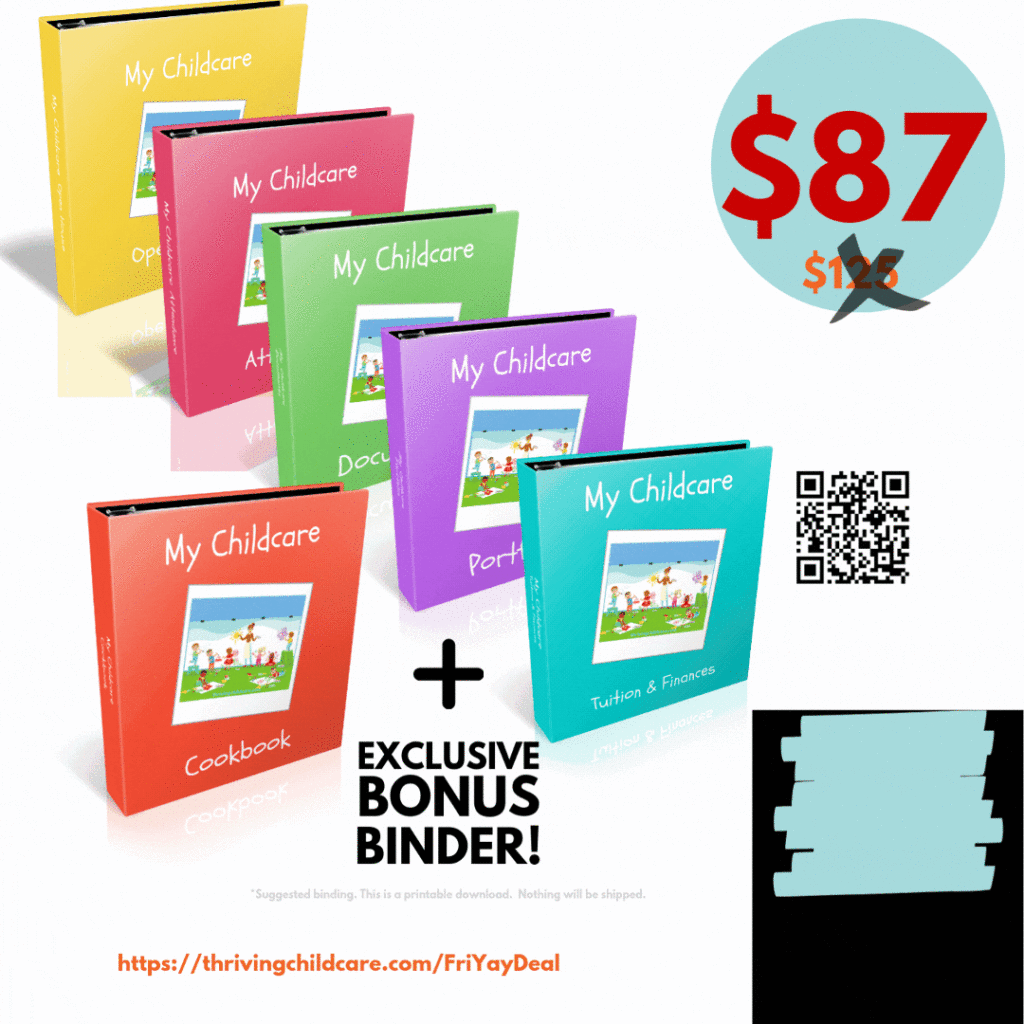

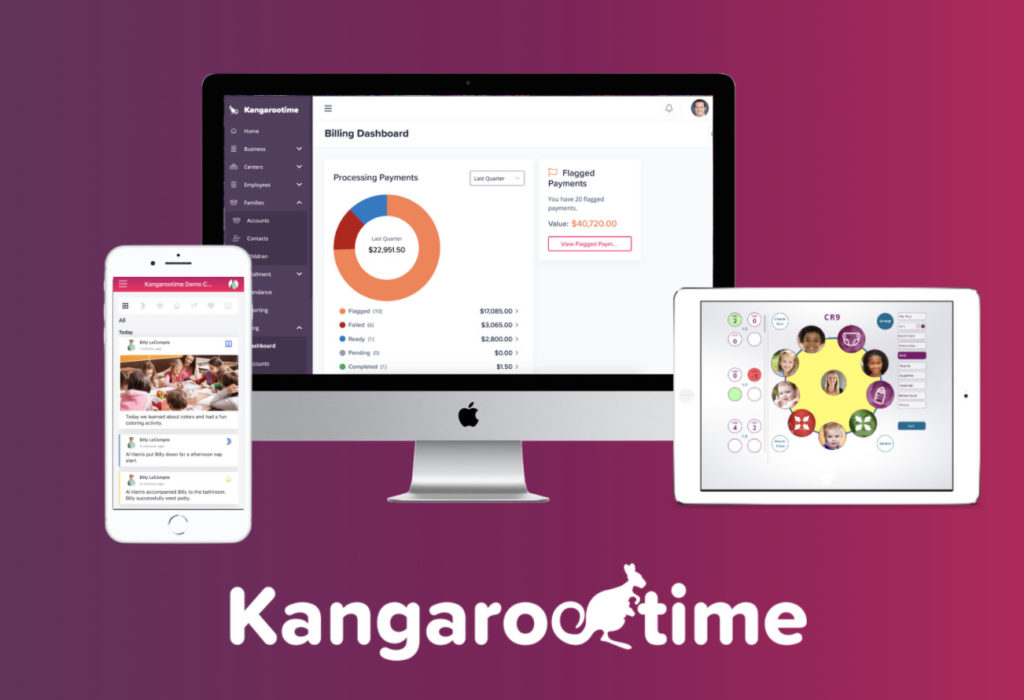

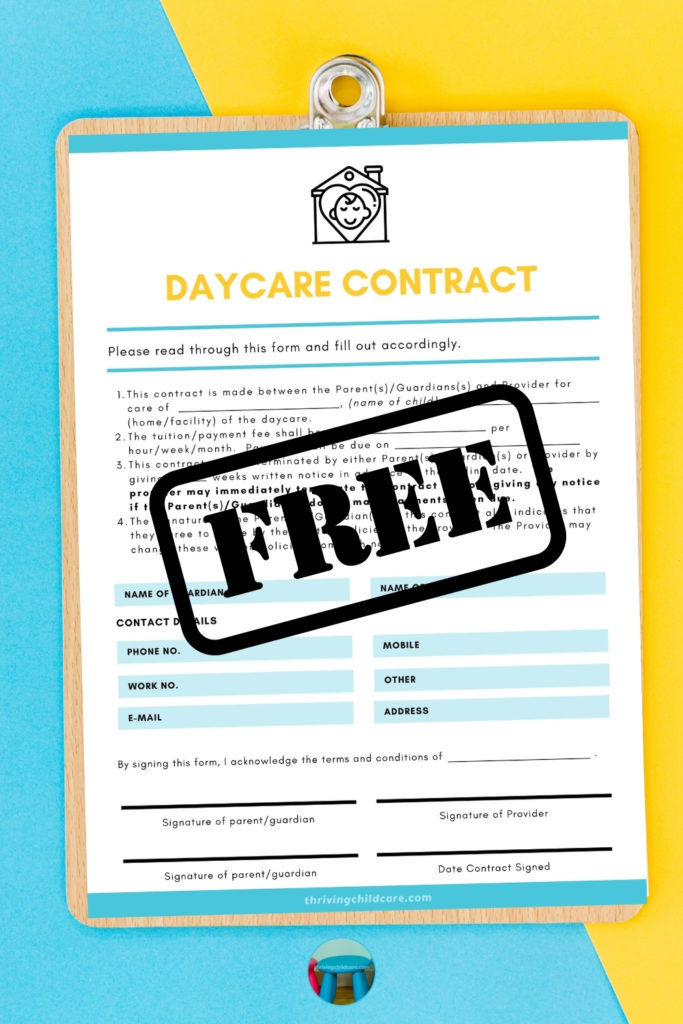
4 Responses
So
Proud of
You!!’n
Thanks Deanne!
Wow!!! nice informative post. Best guideline ever watched.
I’m so glad you got some information from the post. Thanks for the comment Swagata!